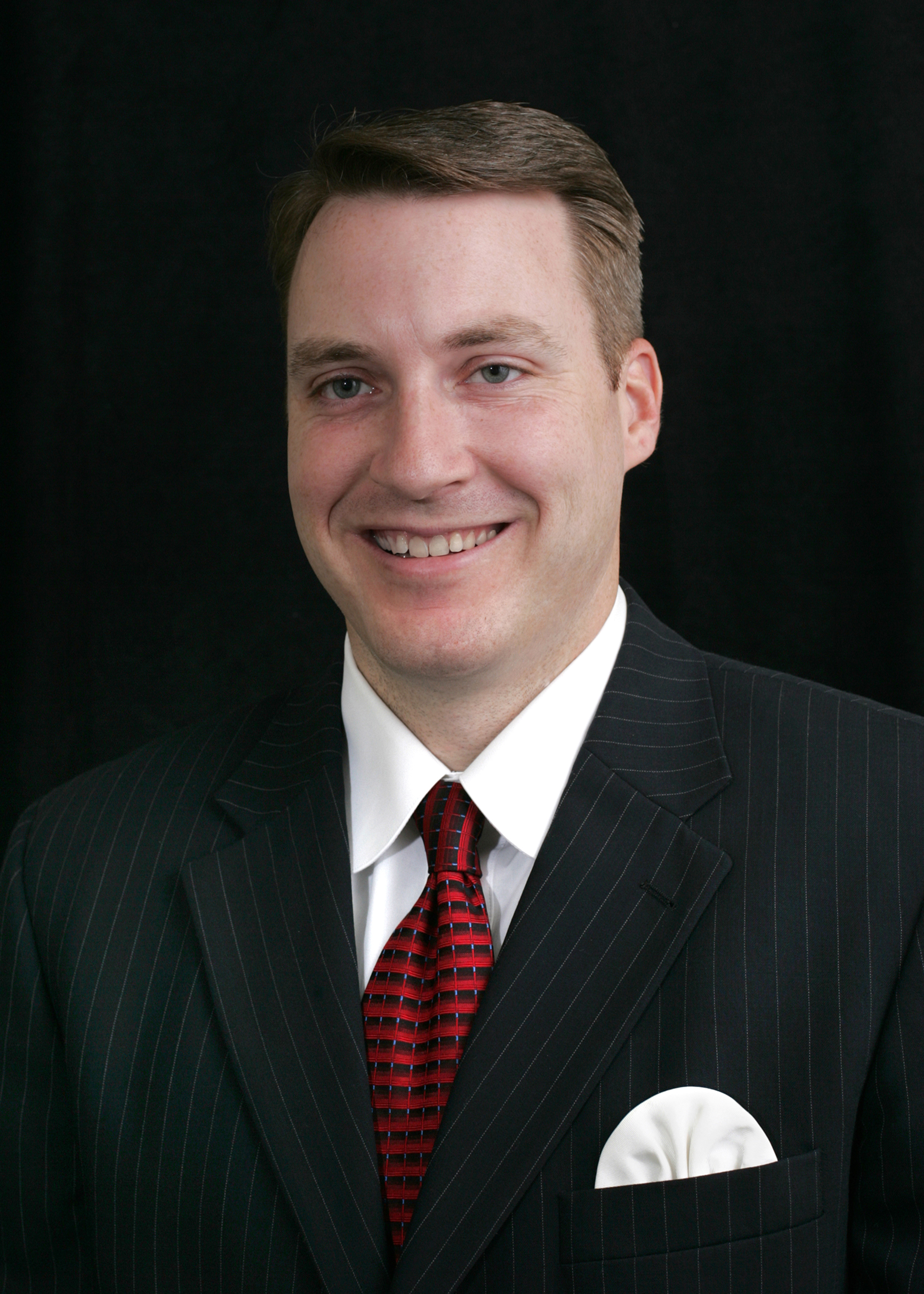
FORT WORTH, Texas (BP)–On May 6, 1862, Henry David Thoreau’s struggle with tuberculosis ended with his death at the age of 44. Tuberculosis, commonly called consumption, devoured infected hosts from the inside out. The pale color, chronic cough, and spitting up of blood demonstrated the consumption of life.
Unfortunately, doctors understood neither how to treat this disease nor how contagious it was. Those infected had little way of knowing until too late. One doctor, named Henry Bowditch wrote a series of articles in the Atlantic Monthly and incorrectly “theorized that damp soil was the main cause of consumption.” He advised “towns to drain wet areas and families to occupy only sunlit homes sited on dry soils.”
The 1882 discovery of the bacteria that causes tuberculosis led to a better understanding of the disease. Improved treatments reduced deaths, resulting in a disease most frequently encountered today in the history books.
History often repeats itself, and so I find that consumption continues to eat away at the very fabric of America and once again we fail to understand the cure. Our current economic crisis serves as the prime example. We were infected and didn’t even know it until it was too late. Many discussed with excitement the housing boom while very few saw the clouds of demise on the horizon.
Our nation has exchanged producing for the much easier job of consumption. As with tuberculosis (insert the word consumption), it is only a matter of time until death comes knocking on the door. Over time, the negative connotation which accompanied “consuming” changed to a positive connotation as the largest supporter of our economy and perhaps its eventual downfall.
Exacerbated by selfishness, how can consuming not have negative side effects? Consumption eventually destroys its host. For example, home occupiers (they don’t really own them) selfishly buy too much house, lenders selfishly loan too much money, corporate executives selfishly accept a bonus and bail-out at the same time, and politicians selfishly ensure their next victory. All the while, we continue to consume selfishly, mortgaging our future with interest-only loans for the here and now.
Unfortunately, even religion rarely offers a contrasting opinion. Many churches have adopted corporate models where growth is king and have become purveyors of religious goods, filling the selfish needs of spiritual consumers. These consumers know little of bearing one another’s burdens, loving one another, or worse, they don’t even know each other’s names. Our “members” often no longer produce; they simply consume. This trait may have been learned from our parents in the church growth movement but that offers no excuse. Consumption is contagious — not hereditary. We enjoy being entertained. The show keeps us coming while entertainment and creativity reign supreme. Often, religious consumption deters considering others better than yourself, doesn’t understand that “blessed are the persecuted,” and ignores that our citizenship is in heaven. Religious consumption produces unchanged crowds barely resembling New Testament believers, bailing out at the first sign of a spiritual recession — a sure recipe for spiritual bankruptcy.
The cure for this highly contagious disease also comes from the words of history. “Ask not what your country can do for you. Ask what you can do for your country.” In the religious world, we may say, “Ask not what the church can do for you. Ask what you can do for your church.” Better yet, the words of Paul’s letter to the Philippians epitomizes the cure: “Do nothing from rivalry or conceit, but in humility count others more significant than yourselves. Let each of you look not only to his own interests, but also to the interests of others. Have this mind among yourselves, which is yours in Christ Jesus” (Philippians 2:3-5).
If we consider the interest of others, we would not take out loans we cannot pay back even if they are non-interest government loans. We would not use credit cards to buy material possessions we don’t need with no means to pay off the bill at the end of the month. We would not file for bankruptcy, which in essence means someone doesn’t get paid. We would not have executives taking huge bonuses while workers under their care lose jobs. We would not fill “stimulus” bills with more pork than a grand slam double meat breakfast at Denny’s to ensure electoral success. We would not sell out our kids’ future by bailing out our own indiscretions. Perhaps learning some lessons from tuberculosis (consumption) would be the best cure for what really ails us.
–30–
Thomas White is vice president for student services and communications and associate professor of systematic theology at Southwestern Baptist Theological Seminary in Fort Worth, Texas.















